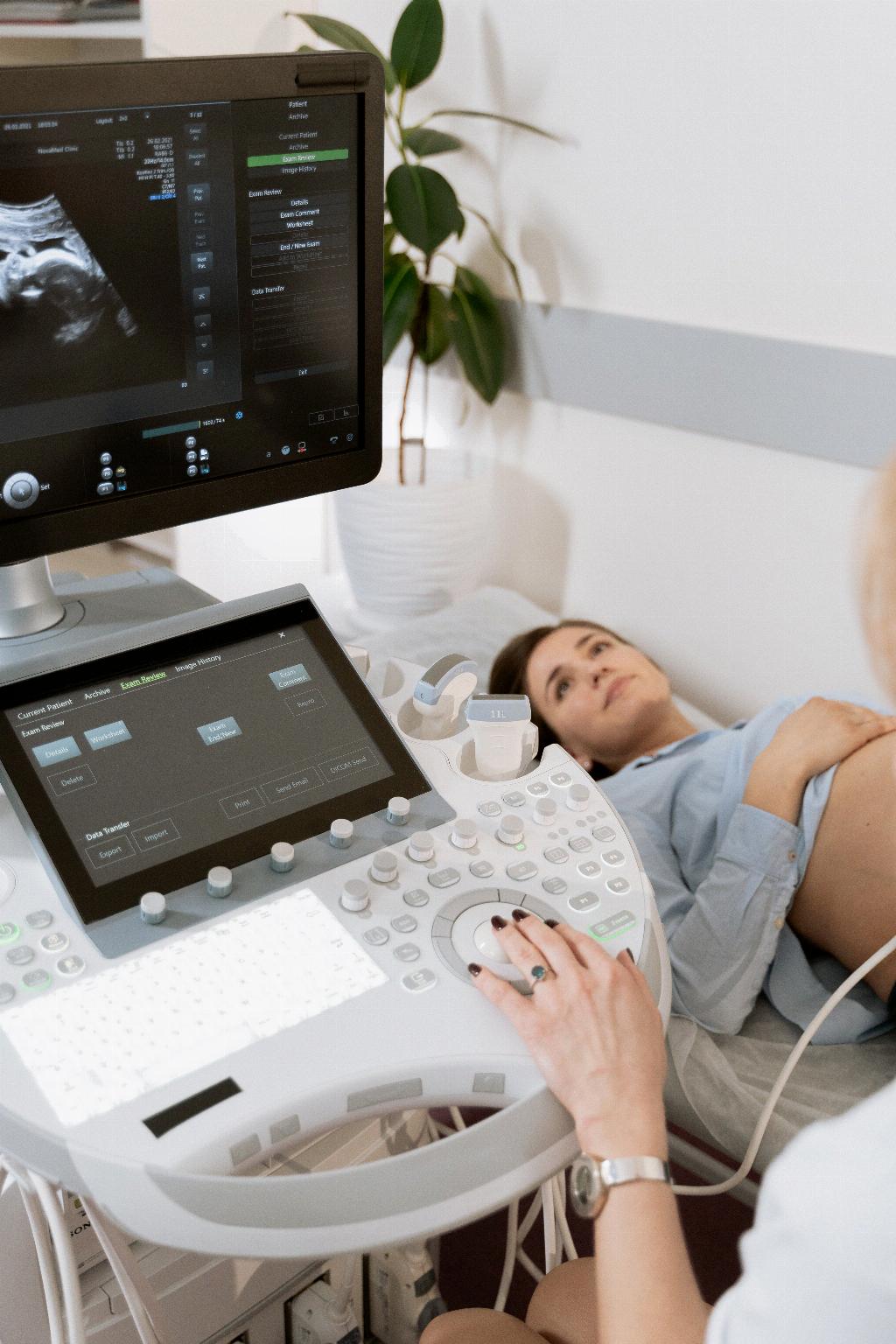When it comes to contraception and preventing unwanted pregnancies, there are various options available to individuals. One popular and highly effective method is the birth control implant, also known as Nexplanon or Implanon.
The birth control implant is a small, flexible rod that is about the size of a matchstick. It is inserted under the skin of the upper arm by a healthcare provider during a quick and relatively painless procedure.
Once inserted, the birth control implant steadily releases a hormone called progestin into the body. Progestin works by thickening the cervical mucus, which makes it difficult for sperm to reach an egg, and also prevents ovulation from occurring.
One of the key benefits of the birth control implant is its long-lasting effectiveness. Once in place, it can prevent pregnancy for up to three years, depending on the specific type of implant used.
Unlike daily pills or other forms of contraception that require regular attention, the birth control implant offers a set-it-and-forget-it solution for individuals who want reliable protection without the hassle of remembering to take a pill each day.
Another advantage of the birth control implant is its high level of effectiveness. When used correctly, the implant is over 99% effective in preventing pregnancy, making it one of the most reliable forms of contraception available.
It’s important to note that the birth control implant does not protect against sexually transmitted infections (STIs), so individuals should still use condoms or other barrier methods if they are at risk of STIs.
For individuals who experience side effects from other forms of contraception, such as hormonal pills, the birth control implant can be a good alternative. Since it releases a low, steady dose of hormones, it may lead to fewer side effects for some individuals.
If an individual decides they want to become pregnant or no longer wishes to use the birth control implant, it can be easily removed by a healthcare provider. Fertility typically returns quickly after removal, so individuals can plan for pregnancy when they are ready.
Like any form of contraception, the birth control implant may not be suitable for everyone. It’s important to discuss individual health history and preferences with a healthcare provider to determine if the implant is the right choice.
In conclusion, the birth control implant is a safe, effective, and convenient option for individuals who want reliable contraception without the need for daily attention. By understanding how the implant works and its benefits, individuals can make informed decisions about their reproductive health.

